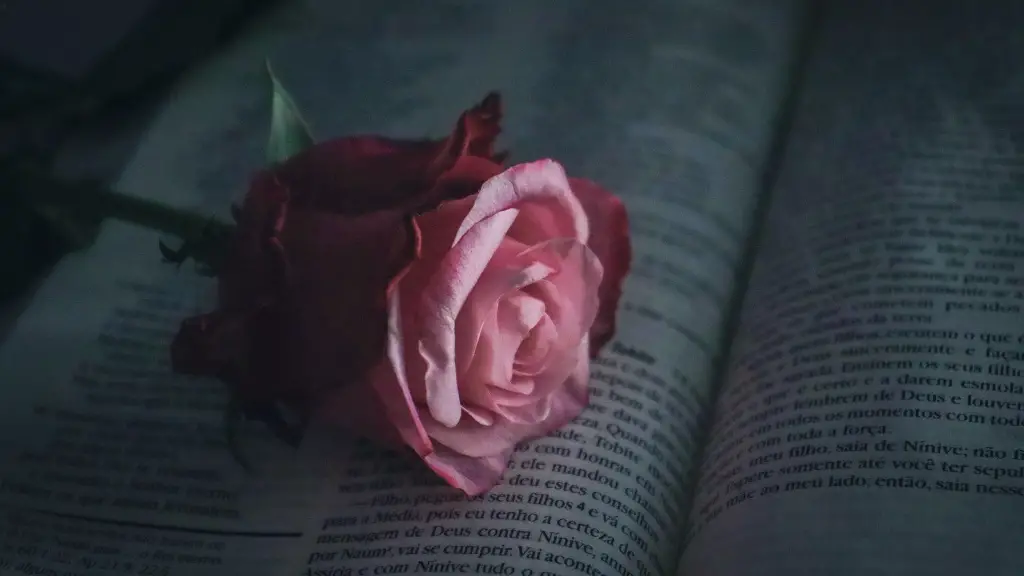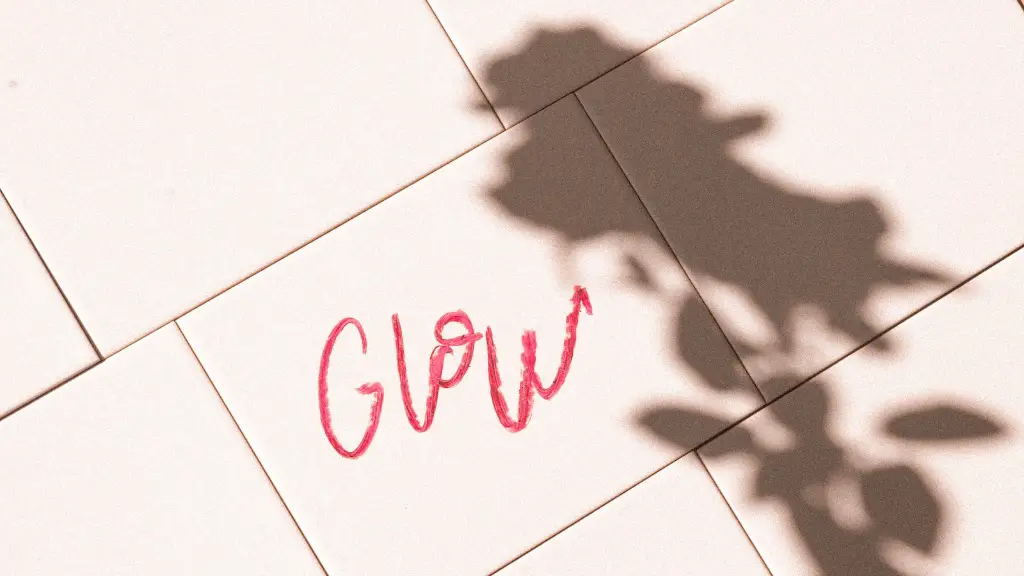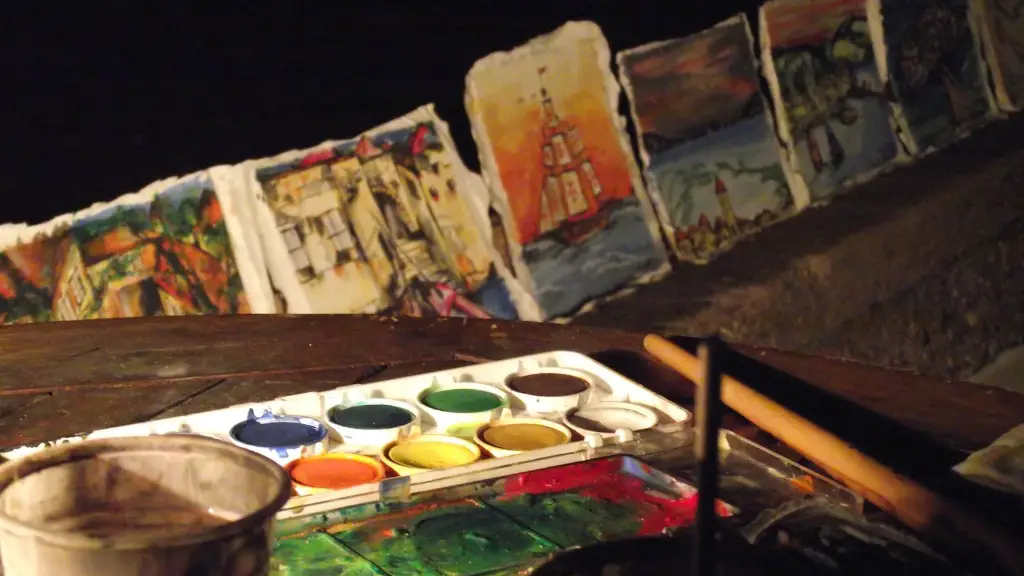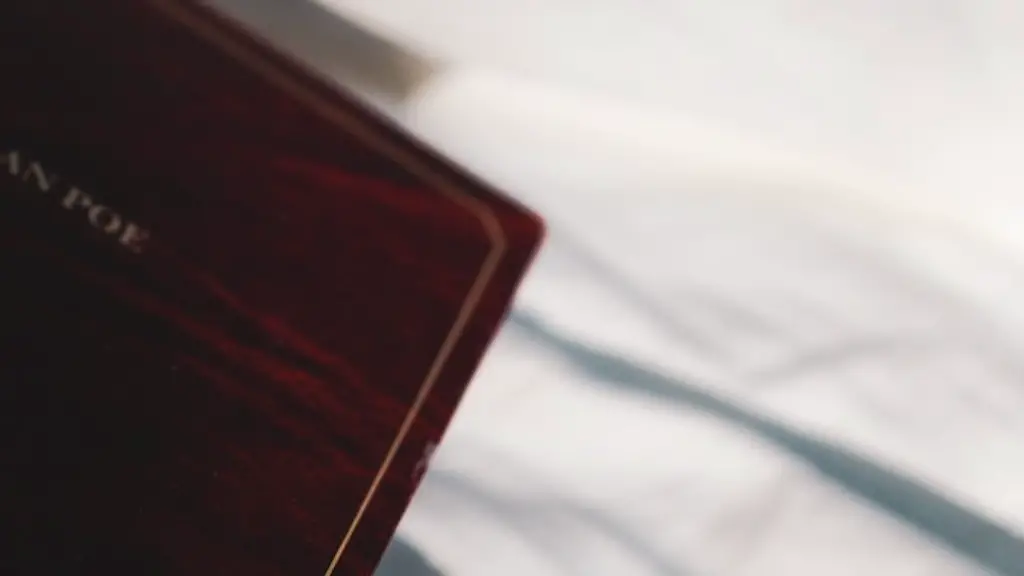Poetry is a form of creative expression that can be accessible to people of all ages, including children. It is an art form that is often easier for young children to understand and engage with than more sophisticated literature. By exploring kids’ poetry, parents and teachers can nurture a love of literature in children and help them to gain skills in creative writing.
For young children, developing an appreciation for poetry starts with short, fun rhyming poems like those found in traditional picture books. As children advance in their reading skills, they can move onto stories in verse — longer poems written in a story format — or haiku, a form of Japanese poetry in which each poem contains three lines with a total of seventeen syllables.
Kids are often drawn to rhymes because they are catchy, easy to remember and enjoyable to say aloud. Simple rhymes, however, can be misleading in suggesting that all poems have to have a strict rhyme scheme. Poems can also rhyme occasionally, or not at all — as long as they have a strong structural foundation and use elements like metaphors, imagery and figurative language, they are still considered a form of poetry.
A key element to making poetry accessible for young people is to encourage their creative spirit through writing. One method for doing this is to ask them open ended questions about the poem, like “How does this character feel?” and “What do you imagine looks like?” These prompts can help kids to make connections between the poem and their own life experiences, connecting on an emotional level as well as an intellectual one.
When exploring poetry for kids, it is important to look for titles that represent diverse voices and perspectives. Since poetry is a way to explore your own ideas and feelings, it’s important that all readers can access poetry that speaks to their own lives and experiences. With such a wide range of poetry available, readers of all ages have access to powerful and meaningful works that will keep them engaged.
Poetry for kids can also be a great way to help young people develop their analytical and writing skills. Poetry is a great form of writing practice because it is an opportunity to explore and express ideas and feelings in a compact, concise manner. Through poetry, young writers can learn to think critically and to hone their writing style by experimenting with structure, punctuation and other literary devices.
Importance of Poetry for Kids
In addition to being a creative outlet, there are numerous benefits to reading and writing poetry for kids. Through poetry, kids can learn about literary concepts like rhythm and meter, which can help them to gain a deeper understanding of how language works. Reading poetry can also help children to learn how to express complex emotions and can give them the opportunity to think outside the box and explore new perspectives.
Poetry can be a great aid to children’s education and development. Studies have shown that poetry can be powerful tool in teaching children reading comprehension, critical thinking, and writing skills. It can also be used to make learning fun and engaging, as children can read, perform and create poems about topics they are studying. Poetry can be a great way to get kids to think outside the box and to express their ideas in a concise, creative manner.
In addition to academics, poetry can be used to help kids explore their emotions and develop a better understanding of themselves in relation to the world around them. By exploring poems about feelings, children may be more comfortable in expressing their feelings through writing, which can lead to increased confidence and improved communication skills.
How to Engage Children with Poetry
Kids of all ages can benefit from learning about poetry, but often require a bit of guidance from adults to properly engage with the material. When reading poetry with a child, take the time to explain challenging words and to ask questions about the poem. If a young child is struggling to appreciate a poem, you can point out connections to their own life experiences or try to engage them with a visual or tactile element.
Incorporating poems into your child’s daily life can also be a great way to get them interested and keep them engaged. This can be done through reading a poem or two each night or during family gatherings or introducing them to different forms of poetry, like rap or spoken word. You can also encourage your child to write their own poetry, giving them the chance to express their emotions and tell stories in a creative way.
Many libraries, schools and parks host poetry readings, slams and workshops for kids, which is a great way to introduce them to the wonders of poetry. Going to a reading or joining a writing group can open up a world of opportunities for young readers, allowing them to connect with like-minded peers and to explore the various forms that poetry can take.
Nurturing a Love of Poetry
Exploring poetry with young children can be an incredibly rewarding and worthwhile experience. By introducing kids to poems early on, parents and teachers can nurture a lifelong bond with the written word and teach kids valuable writing and critical thinking skills at the same time. Poetry for kids can challenge, entertain and enlighten, playing an essential role in the development and growth of young minds.
Creative Applications of Poetry
One of the best ways to get kids interested in poetry is to show them that it can be used for creative applications beyond the bounds of traditional literature. Poems can be used to write songs, scripts for films and plays, or to create vivid letters, stories and artwork. Kids can even use poetry to write lyrics for their own music so they can share their truths through a powerful form of self expression.
Poetry also has various practical applications that can teach young people important life skills. For example, kids can use poetry to document their thoughts, feelings and experiences to reflect on their development over time. Finally, poems can help young people with writing college essays, job applications and resumes, as they get the opportunity to practice writing in a concise, structured format.
Final Thoughts on Poetry for Kids
In conclusion, exploring poetry with children can be an incredibly rewarding experience that has the potential to open up a whole new world of creativity, imagination and discovery. With accessible, engaging poems, as well as creative assignments, applications and readings, young readers can appreciate the beauty of poetry, develop critical thinking skills, and discover new ways of expressing themselves. Through poetry for kids, parents and teachers can nurture a love of literature and help children to develop into creative and confident thinkers and writers.




